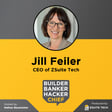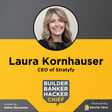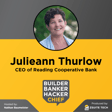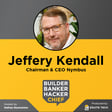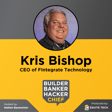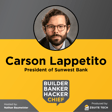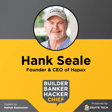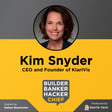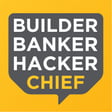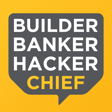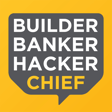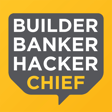
John Sorrell – Building for future generations, finding your niche, and letting family help you recalibrate | Episode 12
Welcome to episode twelve of Builder, Banker, Hacker, Chief! Joining me today is John Sorrell, President and CEO of Core Bank.
On this show, I’m unpacking the stories, decisions, and influences that make people successful leaders. John dreamed of becoming a professional water-skier, but discovered his true niche in banking.
My name is Nathan Baumeister; I am the Co-founder and CEO of ZSuite Tech and the host of this podcast.
John Sorrell is all about legacy. Whether it’s continuing the model of hard work and generosity that his father set, or the expanding commitment to build wealth and giving away set by the Omaha business community – John has a passion for serving others.
Core Bank is a bright example of a financial institution centered on clear values and the collaboration of every employees unique gifts and talents. They may specialize in banking services for medical practitioners, but they’re not exclusive about serving the community.
In this episode John offers encouragement to anyone struggling to find their purpose and passion in work. Step out in courage, lean into your network, and always be teachable when opportunity knocks on your door.
John’s example of humility and persistence is a leadership lesson that never gets old, and his wisdom is a gift to every one of our listeners.
Resources:
John’s recommendation:
Book: From Strength to Strength
Connect:
